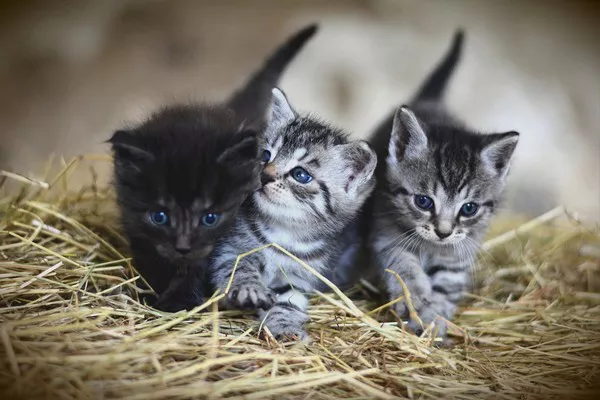Wild rabbits are fascinating creatures, known for their agility and adaptability in various environments. One key aspect of their survival is their diet. Understanding what wild rabbits eat is crucial for anyone interested in their well-being and conservation. In this article, we will delve into the dietary habits of wild rabbits, exploring their natural food sources, nutritional requirements, and the importance of a balanced diet.
The Natural Diet of Wild Rabbits
Wild rabbits are herbivores, meaning their diet primarily consists of plant-based foods. Their natural habitat plays a significant role in shaping their dietary preferences. In the wild, these creatures forage for a diverse range of vegetation, including grasses, leaves, and even bark. This varied diet ensures they receive essential nutrients crucial for their overall health and survival.
Grasses: A Staple for Wild Rabbits
Grasses form a fundamental component of the wild rabbit‘s diet. In their natural habitat, rabbits graze on a variety of grasses, which not only provide them with sustenance but also aid in maintaining dental health. Chewing on fibrous grasses helps wear down their constantly growing teeth, preventing dental issues that could hinder their ability to feed and survive in the wild.
Leafy Greens: A Nutrient-Rich Addition
In addition to grasses, wild rabbits incorporate a range of leafy greens into their diet. These can include dandelion greens, clover, and plantain leaves. Leafy greens are rich in vitamins and minerals, contributing to the overall well-being of wild rabbits. These natural sources of nutrition support their immune system and help them thrive in their native habitats.
Bark and Twigs: Nibbling for Dental Health
While it might seem unconventional, wild rabbits also consume bark and twigs. This behavior is not only a result of their constant need to chew but also provides essential nutrients. Bark and twigs contribute to the wild rabbit’s dietary fiber intake and offer a natural means of maintaining dental health, preventing overgrowth of teeth that could impede their ability to eat.
Fruits as Occasional Treats
In the wild, fruits are not a primary food source for rabbits, but they may occasionally indulge in berries, apples, or other fruits when available. Fruits are high in natural sugars, so wild rabbits consume them sparingly. In captivity, however, it’s crucial to limit fruit intake to prevent health issues such as obesity and dental problems.
The Importance of Water for Wild Rabbits
Wild rabbits, like all living beings, require access to clean and fresh water. In their natural habitat, they often obtain moisture from the vegetation they consume. It’s essential to replicate this aspect of their diet in captivity by providing a constant supply of water to ensure their hydration needs are met.
Seasonal Variations in Diet: Adapting to Nature’s Bounty
Wild rabbits exhibit flexibility in their diet, adapting to seasonal changes in food availability. During the spring and summer, when fresh greenery is abundant, their diet consists of a higher percentage of tender shoots and young plants. In contrast, the winter months see them relying more on dry grasses and bark. This adaptability is a key factor in their survival in diverse environments.
The Role of Fiber in Wild Rabbit Diets
Fiber is a crucial component of the wild rabbit’s diet. It aids in digestion, promotes gut health, and prevents issues like gastrointestinal stasis. In the wild, rabbits consume a high-fiber diet through the various plant materials they forage. In captivity, replicating this aspect of their diet is essential to ensure their digestive systems function optimally.
Potential Hazards in the Wild: Avoiding Harmful Foods
While wild rabbits have an instinctive knowledge of what to eat, there are certain plants that can be harmful to them. In the wild, they avoid toxic plants, but in captivity, it’s the responsibility of caretakers to ensure their environment is free from potentially harmful vegetation. This includes common garden plants like rhubarb and certain flowers that may be toxic to rabbits.
Balancing Captive Diets: Mimicking the Wild
For those considering keeping rabbits as pets, it’s essential to replicate, as closely as possible, the dietary habits of their wild counterparts. Providing a mix of fresh hay, leafy greens, and limited quantities of pellets can help create a balanced diet that meets their nutritional needs. Consulting with a veterinarian specializing in exotic pets can offer guidance on tailoring the diet to individual rabbits.
Related Topics:
Rabbit Diet: What to Feed a Pet Bunny
Bunny Breed Guide: New Zealand White Rabbit
How to train a beagle to hunt rabbits? need frequent encouragement during training


























